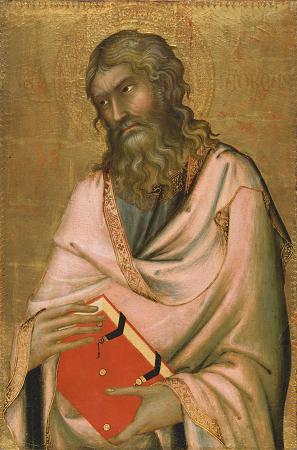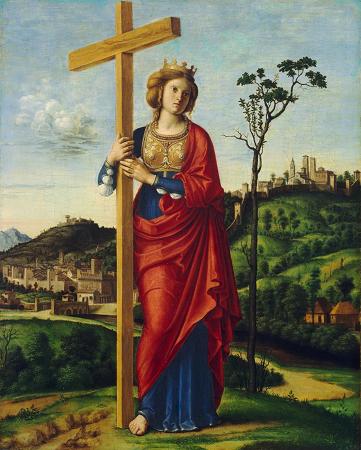Saint Andrew. Andrew the Apostle, also known as Saint Andrew, was an apostle of Jesus according to the New Testament. He is the brother of Saint Peter. He is referred to in the Orthodox tradition as the First-Called. According to Orthodox tradition, the apostolic successor to Saint Andrew is the Patriarch of Constantinople. The name Andrew, like other Greek names, appears to have been common among the Jews, Christians, and other Hellenized people of Judea. No Hebrew or Aramaic name is recorded for him. Saint Andrew was born, according to the Christian tradition, in 5 BC in Galilee. The New Testament states that Andrew was the brother of Simon Peter, and likewise a son of John, or Jonah. He was born in the village of Bethsaida on the Sea of Galilee. The first striking characteristic of Andrew is his name: it is not Hebrew, as might have been expected, but Greek, indicative of a certain cultural openness in his family that cannot be ignored. We are in Galilee, where the Greek language and culture are quite present. Both he and his brother Peter were fishermen by trade, hence the tradition that Jesus called them to be his disciples by saying that he will make them fishers of men. At the beginning of Jesus' public life, they were said to have occupied the same house at Capernaum. In the Gospel of Matthew and in the Gospel of Mark Simon Peter and Andrew were both called together to become disciples of Jesus and fishers of men. These narratives record that Jesus was walking along the shore of the Sea of Galilee, observed Simon and Andrew fishing, and called them to discipleship. In the parallel incident in the Gospel of Luke Andrew is not named, nor is reference made to Simon having a brother. In this narrative, Jesus initially used a boat, solely described as being Simon's, as a platform for preaching to the multitudes on the shore and then as a means to achieving a huge trawl of fish on a night which had hitherto proved fruitless. The narrative indicates that Simon was not the only fisherman in the boat but it is not until the next chapter that Andrew is named as Simon's brother. However, it is generally understood that Andrew was fishing with Simon on the night in question. Matthew Poole, in his Annotations on the Holy Bible, stressed that 'Luke denies not that Andrew was there'. In contrast, the Gospel of John states that Andrew was a disciple of John the Baptist, whose testimony first led him, and another unnamed disciple of John the Baptist, to follow Jesus. Andrew at once recognized Jesus as the Messiah, and hastened to introduce him to his brother. The Byzantine Church honours him with the name Protokletos, which means the first called. Thenceforth, the two brothers were disciples of Christ. On a subsequent occasion, prior to the final call to the apostolate, they were called to a closer companionship, and then they left all things to follow Jesus. Subsequently, in the gospels, Andrew is referred to as being present on some important occasions as one of the disciples more closely attached to Jesus. Andrew told Jesus about the boy with the loaves and fishes, and when Philip wanted to tell Jesus about certain Greeks seeking Him, he told Andrew first. Andrew was present at the Last Supper. Andrew was one of the four disciples who came to Jesus on the Mount of Olives to ask about the signs of Jesus' return at the end of the age. Eusebius in his Church History 3.1 quoted Origen as saying that Andrew preached in Scythia. The Chronicle of Nestor adds that he preached along the Black Sea and the Dnieper river as far as Kiev, and from there he traveled to Novgorod. Hence, he became a patron saint of Ukraine, Romania and Russia. According to tradition, he founded the See of Byzantium in AD 38, installing Stachys as bishop. According to Hippolytus of Rome, Andrew preached in Thrace, and his presence in Byzantium is also mentioned in the apocryphal Acts of Andrew. Basil of Seleucia also knew of Apostle Andrew's missions in Thrace, Scythia and Achaea. This diocese would later develop into the Patriarchate of Constantinople. Andrew, along with Saint Stachys, is recognized as the patron saint of the Patriarchate. Andrew is said to have been martyred by crucifixion at the city of Patras in Achaea.
more...












